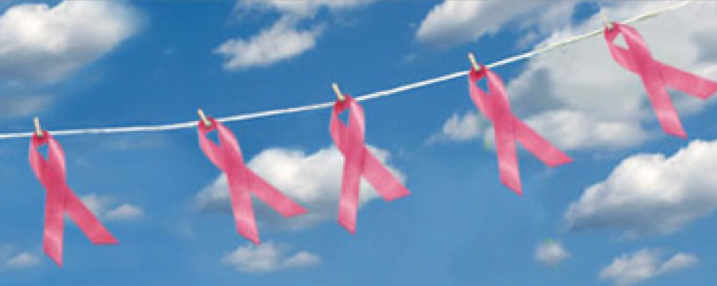Definition
Breast cancer is an invasive cancer of the breast affecting both men and women. The local cells of the breast grow abnormally and uncontrollable increase in size and spread to other area s of the body.
Other names
Carcinoma of the breast
What causes breast cancer?
Various causes of breast cancer have been explained, but the exact cause is still unknown. There are numerous risk factors that increasingly relate to the development of breast cancer such as:
- The increase in age of a person. It is estimated that close to 50% of women with breast cancer in the western world are more that 60years of age
- The earlier a girl gets in to menarche especially at <12 year, the higher the risk of developing breast cancer.
- When approaching menopause late especially at over 55 years, one has an increased risk of developing breast cancer. This is an indirect cause.
- The increasing the number of menstrual cycles could predispose women to greater DNA damage in the proliferating breast ductal tissue and thus could increase the risk of mutations that directly lead to breast cancer.
- Child bearing at a later age is a predisposing factor to breast cancer in women.
- Any form of benign breast tissue disease may increase the risk of cancer
- Women who live sedentary lifestyles and do not exercise often are at an increased risk of developing breast cancer
- Breast cancer has been associated with women who live in upper socioeconomic classes. This may also be associated with more sedentary lifestyles
- Personal history of breast cancer (in situ or invasive)
- Postmenopausal hormone replacement treatments with estrogen hormones (with or without progestin) have been shown to increase the risk of getting breast cancer. The risk is increased by about 1.5times
- Developing obesity after menopause increases the risks of breast cancer in women
- The use of oral contraceptives increases breast cancer risk minimally if at all. It is t known whether estrogen replacement alone increases risk. However there is a much more increased risk in using these hormones in leaner postmenopausal women. The exact mechanism of cancer formation is unknown but there is a possibly of interaction of ovarian estrogen and other types of estrogens of external origin with breast tissue that leads to susceptibility to develop cancer of the breast
- Alcohol is also associated with increased risks of developing breast cancer. Surveys show that moderate alcohol intake (two to three drinks/day) has a 1 to 1.8 times the risk of developing cancer.
- Diet effects. Increased estrogen levels have been found in women with a higher BMI. These pose as an increased risk of developing breast cancer.
- Family history of breast cancer is a risk factor in women. The risk in first degree relatives is 2 to 4 times more. Having relatives of known high risk factors also play a role. Having two first degree relatives with breast cancer increases the risk by 5 times.
- Women with an increased bone density have been shown to have a risk of developing cancer.
- Having children at a later age of more than 30 years poses as a risk to women to develop breast cancer. There is even an increased risk in non-child bearing women ( nulliparous)
- Women with a personal history of endometrial cancer do have a risk of developing breast cancer.
- Women with larger breast masses have a more breast density that increases the breast cancer risk. The density can be shown through mammography
- Exposure to radiation to the chest poses as a risk of developing breast cancer in women.
- Women with an established breast cancer gene BRCA-1 and BRCA-2 are associated with high risk of developing the cancer
Continue reading Epidemiology of breast cancer.



